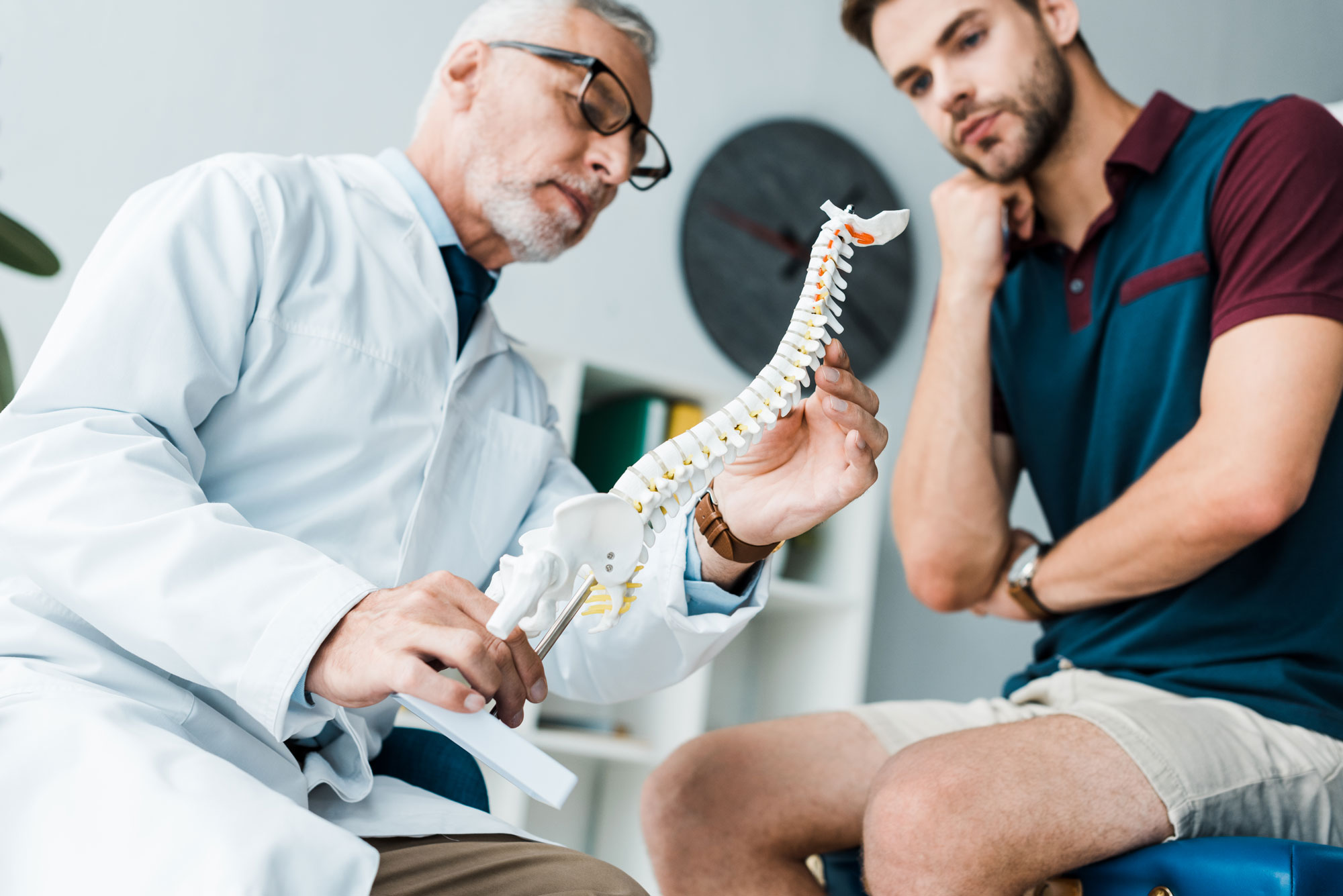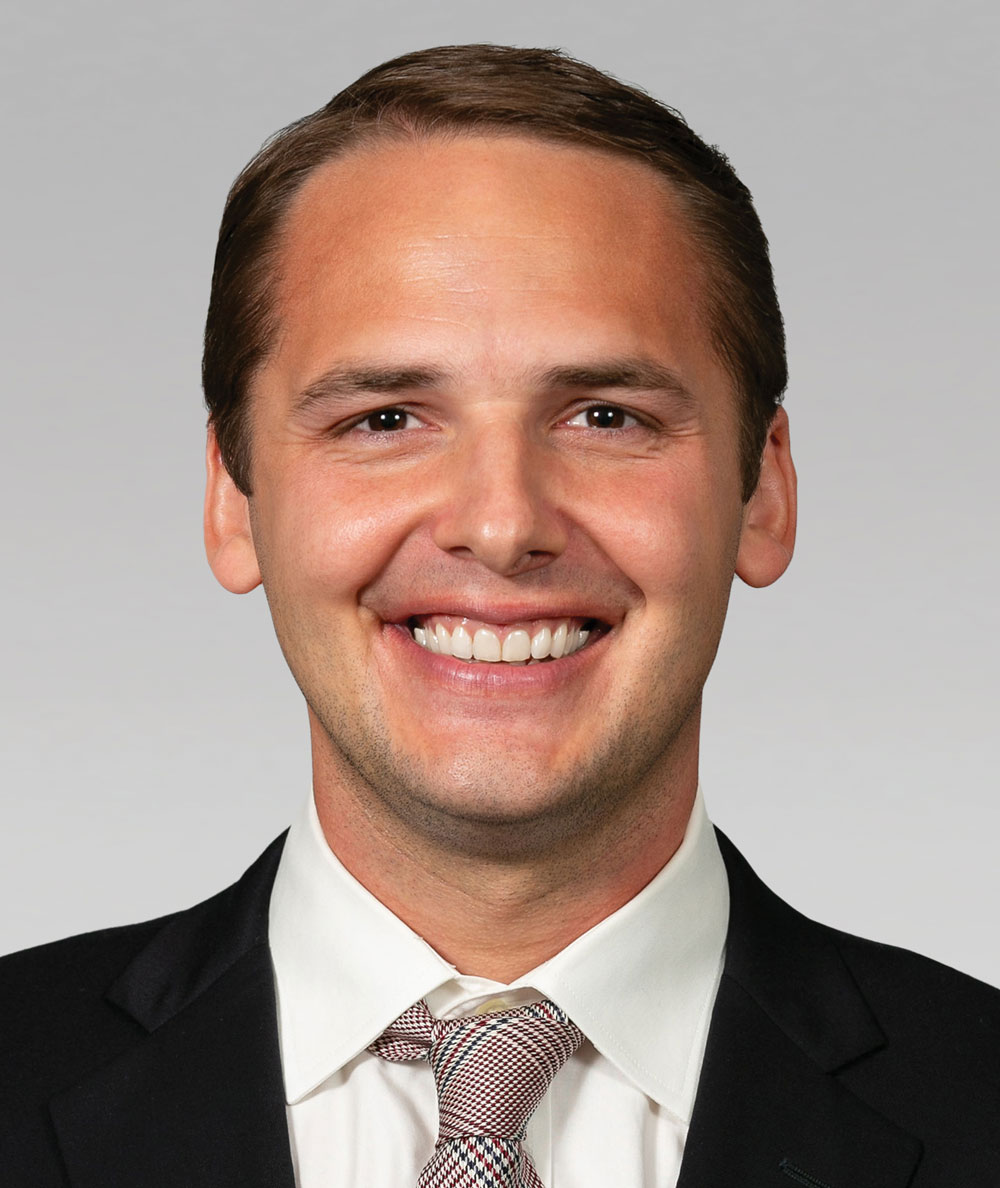Patients often ask for my recommendations on relieving neck pain with conservative (i.e., non-surgical) treatment. Depending on the diagnosis, I create a plan of care for the patient, offering them a number of options so they can choose what works best for them. However, what works for some may not be the solution for others. Many people will need to utilize a multi-pronged approach to truly feel a difference in their distress. Unfortunately, there is no one best way to find relief when it comes to neck and/or back pain, and I realize that can be a frustrating thing to hear. Some discomfort is simply a normal part of the aging process and it would be unrealistic and irresponsible for me to promote the idea that pain is completely avoidable.
 If you’re experiencing low-level discomfort that isn’t serious enough to derail your daily routine, I recommend seeing your orthopedic physician to get ahead of any issues that could just be starting to present themselves. More than likely, they’ll recommend physical therapy and strengthening as a first step. Some lifestyle modifications may also be in order, though I would not expect any medication will be suggested.
If you’re experiencing low-level discomfort that isn’t serious enough to derail your daily routine, I recommend seeing your orthopedic physician to get ahead of any issues that could just be starting to present themselves. More than likely, they’ll recommend physical therapy and strengthening as a first step. Some lifestyle modifications may also be in order, though I would not expect any medication will be suggested.
If your spine-related issues are more significant and the associated pain is disrupting your daily routine, your doctor can offer more aggressive treatment options like injection therapy and the use of anti-inflammatory steroid medications. These can be extremely effective in helping patients become more comfortable and return to the activities they’d like to participate in.
When patients request non-surgical options to address their pain, my recommendations are as follows:
Of course, this list is not in order of importance. Keep in mind, if you’re opposed to taking medications, then it’s your prerogative to bypass that suggestion. If you don’t feel comfortable being adjusted by a chiropractor, then perhaps try a different option on the list. With that said, this list encompasses a varied selection of non-surgical options that are available. It’s important to approach these alternatives with an open mind and consider trying each suggestion at least once.
 On the rare occasion that non-surgical options are unsuccessful in treating a neck or spine issue, surgery may be recommended. However, one should never assume that neck or back pain automatically indicates a need for surgery—as many symptoms, if not most, do not. If you do require surgical intervention, finding a surgeon who you feel comfortable with, and whose care philosophy you understand and agree with, is paramount. Never hesitate to get a second opinion. Do your research, and be sure you’re getting information from reliable sources like hospital systems, reputable orthopedic practices, and qualified journalists.
On the rare occasion that non-surgical options are unsuccessful in treating a neck or spine issue, surgery may be recommended. However, one should never assume that neck or back pain automatically indicates a need for surgery—as many symptoms, if not most, do not. If you do require surgical intervention, finding a surgeon who you feel comfortable with, and whose care philosophy you understand and agree with, is paramount. Never hesitate to get a second opinion. Do your research, and be sure you’re getting information from reliable sources like hospital systems, reputable orthopedic practices, and qualified journalists.
I actively want my patients to feel better, as does every medical professional. It serves no purpose for me to keep patients in pain. I promise you, I’d rather treat a patient once successfully than spend five visits with them and be unable to move the needle at all to help them. I succeed when my patients do—when they feel better, can move more, and are able to return to an active life, I feel incredible satisfaction in my work.
As humans, we are much stronger and more resilient than we know. Our bodies are able to withstand decades of injuries and a lifetime that likely has less sleep and not as many nutritional meals as we should have had. Pain is unfortunately the price we pay as we age, and no one is immune. My role as a surgeon is to repair issues where I can, mitigate discomfort with the tools I have available, and enable my patients to be as active and independent as they want to be.
 About the Author:
About the Author:
Dr. Fasani-Feldberg earned his undergraduate degree from Northeastern University in Boston, MA where he graduated with Honors in Biology. He then earned his medical degree from New York Medical College in Valhalla, NY. Following medical school, he completed his orthopedic surgery residency at Westchester Medical Center in Valhalla, NY and completed his fellowship training in minimally invasive and complex spine surgery at the Texas Back Institute in Plano, TX.
Dr. Fasani-Feldberg is a practicing spine surgeon in Westminster and Golden, CO at Orthopedic Centers of Colorado (OCC).
These individuals can inspire your journey to healing and life after disc replacement surgery—and the hope of freedom from spine-induced pain and discomfort.
To Find a Spine Surgeon That's Right for You, Use our Surgeon Locator